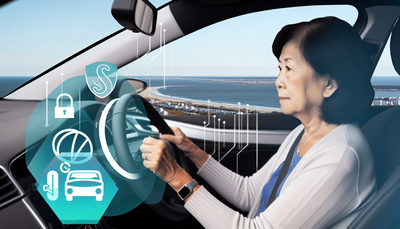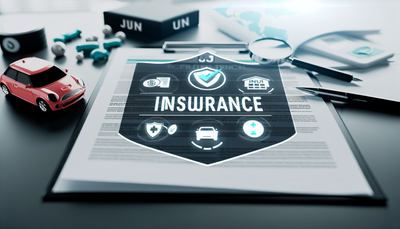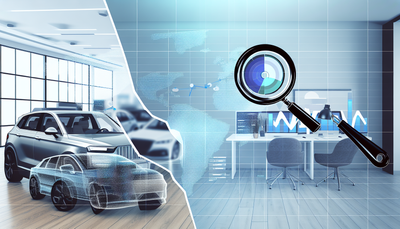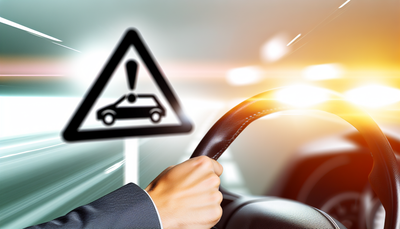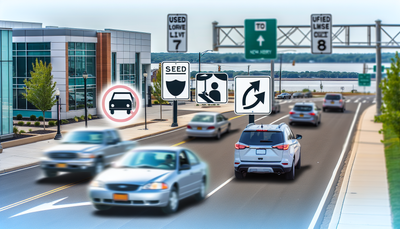A Guide to Child Passenger Safety for NJ Families
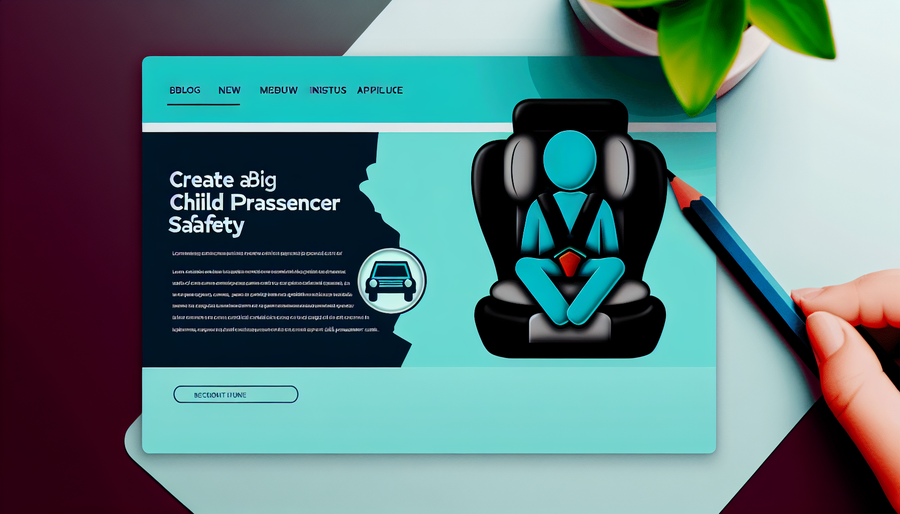
A Guide to Child Passenger Safety for NJ Families
Keeping your children safe on the road is one of the most important responsibilities you have as a parent or caregiver. In the bustling state of New Jersey, where highways are busy and local streets can be unpredictable, understanding child passenger safety is crucial. This guide walks you through everything NJ families need to know—from car seat requirements to best practices for family car safety.
Why Child Passenger Safety Matters
Every year, thousands of children are injured or killed in motor vehicle crashes. According to the National Highway Traffic Safety Administration (NHTSA), correctly used child safety seats can reduce the risk of fatal injury by up to 71% for infants and 54% for toddlers in passenger cars. Given these statistics, ensuring your child's safety isn't just good parenting—it's life-saving.
New Jersey’s Car Seat Laws
In New Jersey, child passenger safety laws are clear and strictly enforced. Here’s what you should know:
- Infants (under 2 years old and under 30 pounds): Must be secured in a rear-facing car seat with a 5-point harness.
- Toddlers (under 4 years old and under 40 pounds): Should remain in a rear-facing seat until they outgrow it, then transition to a forward-facing seat with a 5-point harness.
- Children under 8 years old or under 57 inches tall: Must use a forward-facing car seat or a booster seat in the back seat of the car.
- Children over 8 years old or taller than 57 inches: May use a seat belt, but it must fit properly—lap belt across the upper thighs, shoulder belt across the chest.
Staying updated with these laws ensures compliance and, more importantly, your child’s safety.
Choosing the Right Car Seat
There are many types of car seats on the market, each designed for different ages, weights, and heights:
- Rear-Facing Seats: Best for infants and young toddlers. They offer the best protection in a crash, especially for the head, neck, and spine.
- Forward-Facing Seats: Suitable for older toddlers and preschoolers.
- Booster Seats: Help position the seat belt properly on older children.
- All-in-One Seats: Grow with your child and can convert from rear-facing to forward-facing to booster.
When choosing a car seat, always:
- Check for an expiration date.
- Make sure it fits your vehicle.
- Register the seat with the manufacturer to receive recall notices.
Installation and Inspection Tips
Proper installation is just as important as choosing the right seat. In fact, studies show that nearly 60% of car seats are installed incorrectly.
Here’s how to get it right:
- Read both the vehicle and car seat manuals.
- Use either the seat belt OR the LATCH system—not both unless the manufacturer allows it.
- Ensure the seat doesn’t move more than an inch side-to-side or front-to-back.
- Check the angle of the car seat, especially for infants.
Need help? New Jersey offers free car seat inspection stations in every county. Certified technicians will check your seat and offer professional advice.
Best Practices for Family Car Safety
Beyond the car seat itself, there are other ways to enhance family car safety:
- Always buckle up. Lead by example.
- Keep loose items secured. In a crash, even small objects can become dangerous projectiles.
- Never leave a child unattended in a vehicle. Heatstroke can happen quickly—even on cooler days.
- Choose family-friendly vehicles. Look for high safety ratings, rear-seat reminders, and built-in booster seats where available.
Resources for NJ Families
These resources offer checklists, inspection station locators, and educational videos to support your journey toward safer driving.
Conclusion
Child passenger safety is not a one-time decision—it’s a consistent commitment to protecting your little ones every time you hit the road. By understanding New Jersey laws, selecting the right car seat, and following best practices, NJ families can drive with greater peace of mind. Let’s keep our youngest passengers safe—because every ride matters.
Stay informed, stay equipped, and most importantly, stay safe.

